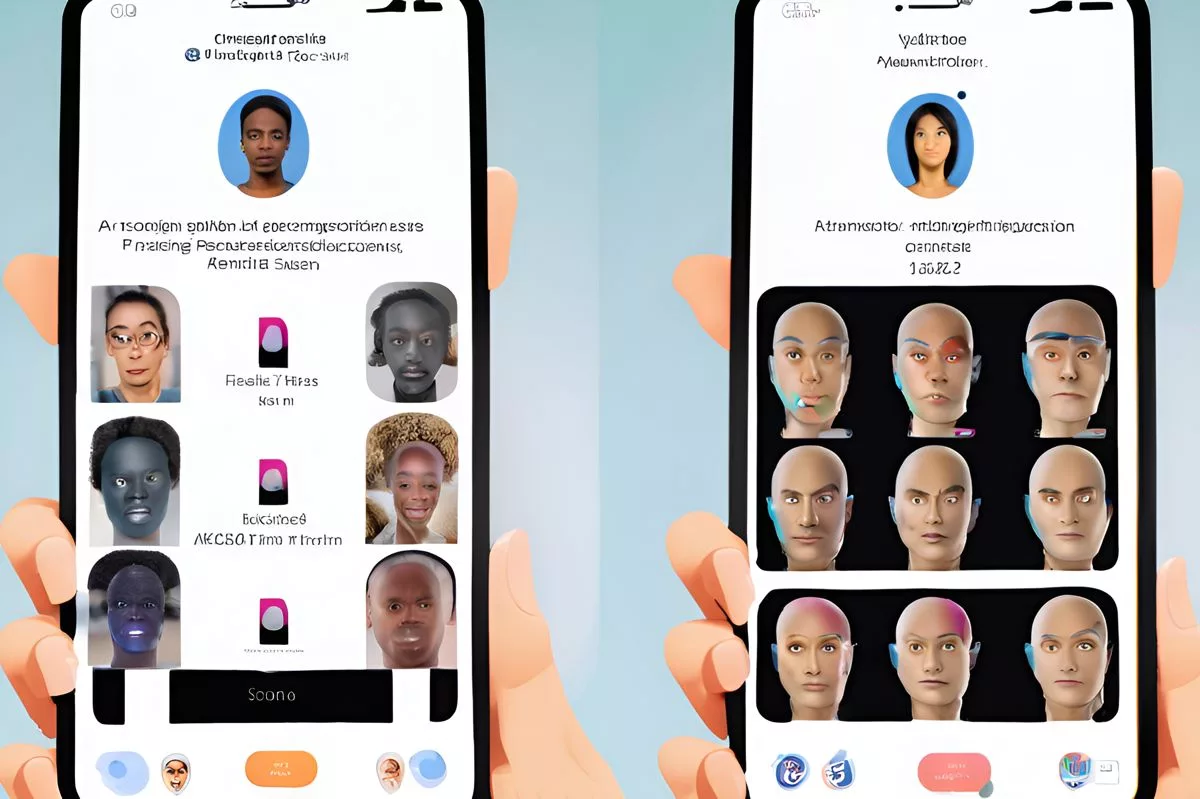The aim is to create a digital-centric institution that efficiently caters to citizens and reshapes governance in South Africa, achieved through a comprehensive digital platform using facial and fingerprint recognition technologies and machine learning. This transformation will restore the credibility of South Africa’s population register, strengthen its immigration systems, and position it as a potent economic driver for the country. Despite challenges, Schreiber is confident in the department’s potential to set an example of digital transformation for other departments to follow.
The Department of Home Affairs in South Africa is undergoing a digital transformation, led by Minister Leon Schreiber. The aim is to create a pioneering, digital-centric institution that efficiently caters to citizens and reshapes governance in South Africa. This transformation is being achieved through the development of a comprehensive digital platform, leveraging facial and fingerprint recognition technologies and machine learning. The transformation will restore the credibility of South Africa’s population register, strengthen its immigration systems, and position it as a potent economic driver for South Africa.
South Africa’s governmental landscape is currently undergoing a significant transformation. At the centre of this change is the Department of Home Affairs, a once criticised body, now on the cusp of a revolutionary revamp. The catalyst for this transformative shift is the dynamic Minister Leon Schreiber, a scholar-turned-political leader with a fervour for reforming institutions. His aspiration? To morph the Home Affairs department into a pioneering, digital-centric institution that not only efficiently caters to its citizens but also reshapes the very fabric of governance in South Africa.
Past Challenges and the Path to Innovation
Historically, like many other governmental establishments in developing nations, the Department of Home Affairs was plagued by oversight and corruption, a scenario which Schreiber labels as ‘institutional vandalism.’ This dismissive handling of public bodies, particularly prevalent during the notorious state capture phase, left the department in a state of disorganisation. However, even amidst such turmoil, there existed individuals who clung onto the vision of innovation and advancement, steadfast in their devotion to serving the South African people.
Adopting digital innovation is seen as the remedy to undo the damage caused by institutional vandalism to the department. However, the aspiration extends beyond mere restoration of the department to its previous status. The aim is to fundamentally and permanently shift the direction of the department, drawing inspiration from the standards set by top-performing South African government institutions such as the Reserve Bank and the Revenue Service. The objective is bold yet attainable: to make Home Affairs the global leader in its field.
The Journey towards a Digital Transformation
At the heart of this transformation is the development of a comprehensive digital platform designed to manage all applications, adjudications, and communications between the department and South Africa’s citizens. The introduction of facial and fingerprint recognition technologies will create a secure profile for every citizen and individual wishing to visit South Africa, thereby eliminating the need for physical visits to a Home Affairs office for routine transactions. Leveraging the technological progression of machine learning and artificial intelligence, this digital revolution will not only optimise operations but also eliminate the opportunity for corruption.
The South African Revenue Service stands as a beacon of a successful digital platform, distinguishing accurately between genuine and fraudulent tax submissions. This clearly demonstrates how a similar platform could revolutionise the operations of the Home Affairs department. Despite the formidable challenges, Schreiber remains confident in the department’s potential to leap towards a digital-first future, setting an example of digital transformation for other departments to follow.
Economic Impact of Home Affairs’ Digital Transformation
The transformation of the Department of Home Affairs will not only restore the credibility of South Africa’s population register and strengthen its immigration systems against corruption, but also position it as a potent economic driver for South Africa. Studies suggest that attracting highly qualified individuals to South Africa’s corporations can enhance GDP growth by up to 1.2% and generate hundreds of thousands of new jobs. Moreover, a modest 10% increase in tourism can contribute an additional 0.6% to annual GDP growth and create tens of thousands of jobs. Therefore, the digital metamorphosis of Home Affairs could play a significant role in stimulating South Africa’s economic growth.
The vision for the Department of Home Affairs is both radical and pragmatic. While the department faces considerable challenges, the opportunities that lie ahead are even more substantial. If the department can effectively implement this vision, it will not only restore hope for a brighter future for South Africa but also serve as a compelling demonstration of the power of digital transformation in revolutionising government institutions.
What is the aim of the digital transformation in South Africa’s Department of Home Affairs?
The aim is to create a digital-centric institution that efficiently caters to citizens and reshapes governance in South Africa, achieved through a comprehensive digital platform using facial and fingerprint recognition technologies and machine learning.
What were the past challenges faced by the Department of Home Affairs in South Africa?
Historically, the department was plagued by oversight and corruption, a scenario which Minister Leon Schreiber labels as ‘institutional vandalism.’ This left the department in a state of disorganisation.
How is digital innovation seen as a remedy for the damage caused by institutional vandalism to the department?
Adopting digital innovation is seen as a remedy to undo the damage caused by institutional vandalism to the department. The aim is to fundamentally and permanently shift the direction of the department, drawing inspiration from the standards set by top-performing South African government institutions such as the Reserve Bank and the Revenue Service.
What is the journey towards a digital transformation in the Department of Home Affairs?
At the heart of this transformation is the development of a comprehensive digital platform designed to manage all applications, adjudications, and communications between the department and South Africa’s citizens. The introduction of facial and fingerprint recognition technologies will create a secure profile for every citizen and individual wishing to visit South Africa. Leveraging the technological progression of machine learning and artificial intelligence, this digital revolution will not only optimize operations but also eliminate the opportunity for corruption.
What is the economic impact of the digital transformation of Home Affairs?
The transformation will restore the credibility of South Africa’s population register and strengthen its immigration systems against corruption, but also position it as a potent economic driver for South Africa. Attracting highly qualified individuals to South Africa’s corporations can enhance GDP growth by up to 1.2% and generate hundreds of thousands of new jobs. A modest 10% increase in tourism can contribute an additional 0.6% to annual GDP growth and create tens of thousands of jobs.
What is the vision for the Department of Home Affairs after digital transformation?
The vision for the Department of Home Affairs is both radical and pragmatic. If the department can effectively implement this vision, it will not only restore hope for a brighter future for South Africa but also serve as a compelling demonstration of the power of digital transformation in revolutionizing government institutions. The aim is to make Home Affairs the global leader in its field.












